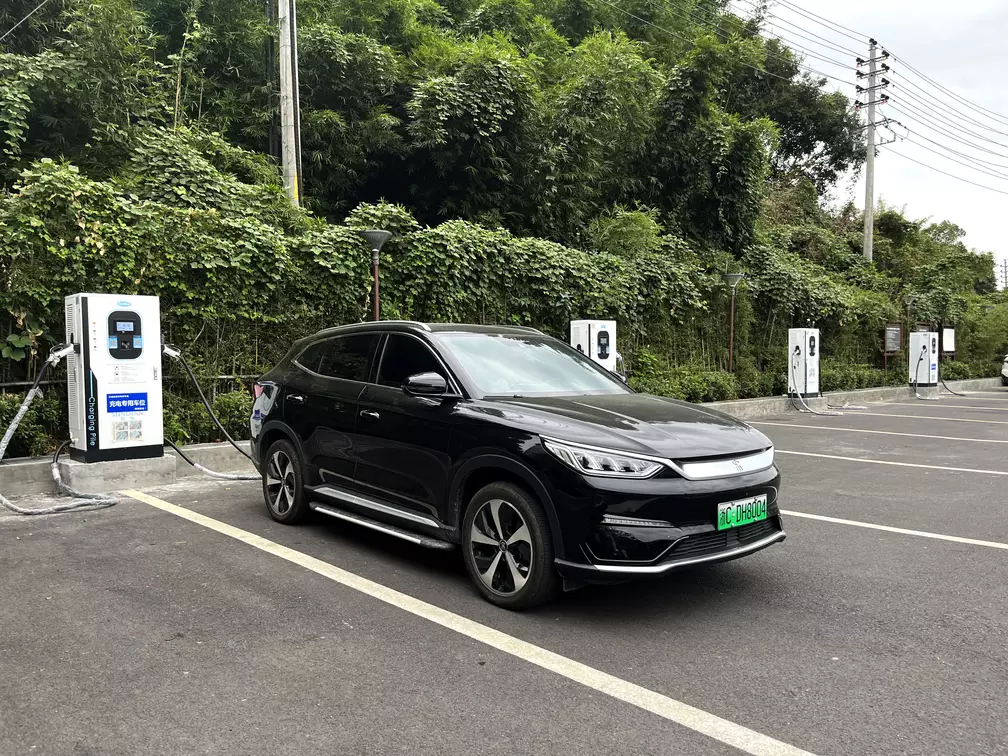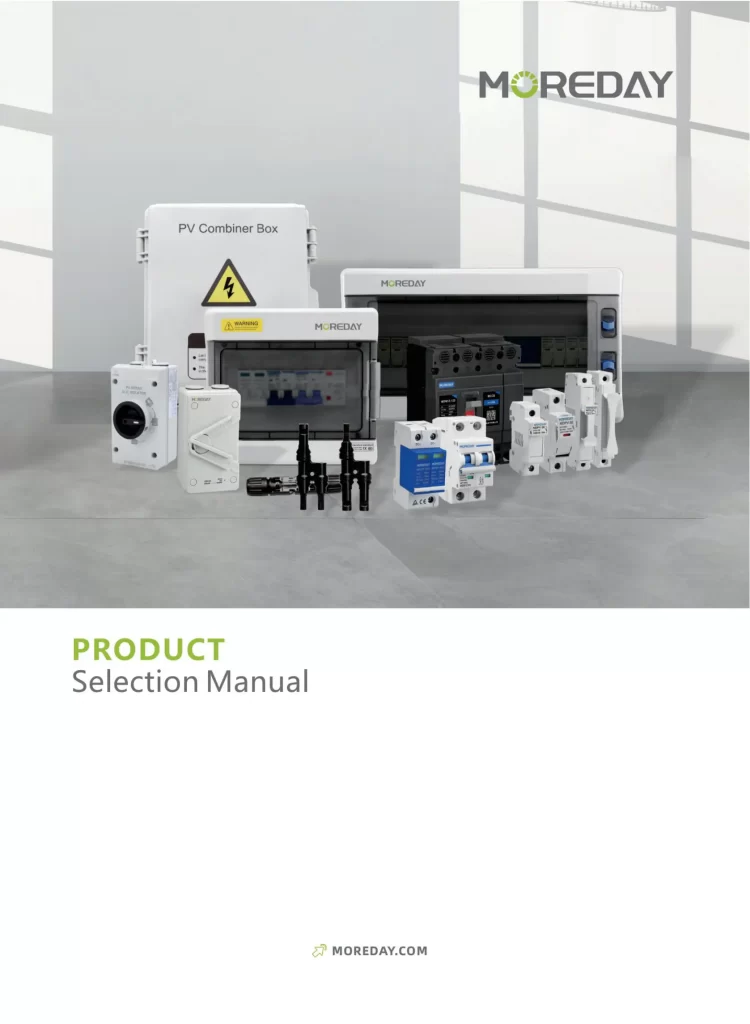Not recommended, frequent charging may affect the lifespan of your EV battery due to the inherent limit on the number of charge cycles a battery can undergo. Each charge gradually reduces the battery’s capacity, which is an important consideration in maintaining long-term battery health.
Because the number of ev charging cycles of the battery is limited. Balancing convenience, battery health, and vehicle charging, attention to detail helps optimize the performance and life of electric vehicle batteries.
Taking a detailed approach to determining how and when vehicles are charged can significantly improve the efficiency of batteries and extend their service life, ultimately supporting sustainable vehicle performance and reducing the need for premature battery replacement.
The Adverse Effects of Charging Your Electric Car Every Night

While charging your electric vehicle every night brings many conveniences, it also has some potential downsides, including:
1. Reduced Battery Life
Lithium-ion batteries in electric vehicles have limited charge cycles. If you charge it every night, especially if you continue to charge it when the battery is already relatively full, it may accelerate the aging and capacity loss of the battery, thus shortening the overall service life of the battery.
2. Energy Waste
If the battery is fully charged every night, but daily driving needs do not require that much power, this may lead to unnecessary consumption of energy. In addition, keeping the battery in a high state of charge for an extended period of time may result in reduced energy efficiency.
3. Increased Costs
While nighttime electricity rates may be lower, charging each night if not necessary can still result in an overall increase in electricity bills, especially in areas where electricity is billed on a non-time-of-day basis.
4. Grid Stress
If most electric vehicle owners choose to charge at night, this may place an additional burden on the grid during off-peak hours, affecting the stability and efficiency of the grid.
5. Environmental Impact
The environmental friendliness of electric vehicles largely depends on the source of the electricity. If nighttime electricity use comes primarily from coal or other non-renewable sources, then charging at night may actually increase greenhouse gas emissions and reduce the environmental benefits of electric vehicles.
Therefore, electric vehicle users should decide whether to charge every night based on their actual driving needs and battery maintenance recommendations to balance convenience with long-term cost and environmental impact.
How Often Should You Charge Your Car?

How often you charge your electric vehicle (EV) depends primarily on your driving habits, your vehicle’s battery capacity, and the typical range you need on a daily basis. Here are some tips to help you determine how often you should charge your car:
1. Daily Use
If you drive long distances every day that approach or exceed the range of an electric car, you may need to charge it every day. For shorter, more typical daily commutes, you may not need to charge your car every day.
2. Battery Capacity
If daily driving demands are low, a larger battery with a high range may not require daily charging. Keeping your battery charged between 20% and 80% will help extend battery life.
3. Driving Mode
Consider how often you use your vehicle. If you only use your electric car occasionally, you can charge it as needed rather than on a strict schedule.
4. Availability of Charging Options
If you have reliable access to a public or workplace charging station, you might choose to take advantage of the opportunity to charge instead of fully charging at home every night.
5. Energy Costs and Management
Some areas offer lower electricity prices during off-peak hours, which may encourage you to charge overnight. Additionally, consider any energy management recommendations from your utility provider or incentives they may offer for smart charging.
Generally speaking, it is not necessary for electric vehicle batteries to remain fully charged at all times. Charge according to your personal usage to keep the battery’s charge level within the optimal range.
Can I Leave My Electric Car Plugged in Overnight?
Yes, you can plug your electric car in and charge it overnight. Modern electric vehicles are equipped with advanced battery management systems that automatically stop charging when the battery is fully charged to prevent overcharging.
Not only is this convenient, ensuring the vehicle is fully charged in the morning, but it also allows you to take advantage of lower electricity rates at night, saving money on energy expenses, and helps extend battery life by setting charging limits such as only charging to 80%.
How Should I Charge My Electric Car?

Charging your electric vehicle efficiently and effectively requires consideration of several best practices:
Use a home charger: Installing a Level 2 charger in your home provides faster charging than the standard Level 1 charger that come with most vehicles. It’s convenient and allows you to charge overnight to take advantage of lower electricity bills.
Charge to recommended levels: Avoid continuously charging the battery to 100% to extend its life. Many manufacturers recommend setting the charge limit to 80-90%. This helps maintain the health of your battery over time.
Take advantage of off-peak hours: If possible, charge your car during off-peak hours. This not only reduces charging costs but also reduces the burden on the grid.
Take advantage of smart charging features: Many electric vehicles and chargers have smart features that allow you to schedule charging. Use these features to charge at the most advantageous time in terms of cost and energy.
Public charging stations: When on the road, use public charging stations. Familiarize yourself with the location of the fast charger so you can quickly charge your battery if you need to travel long distances.
Regular maintenance: Regularly check your car’s charging cables and charging ports for wear or damage. Make sure your home charging unit is inspected and maintained by professionals to ensure it is operating safely and efficiently.
By following these tips, you can maximize the life of your battery, reduce charging costs, and make charging your electric vehicle more convenient and efficient.
You can differentiate between level 1 vs level 2 vs level 3 ev charger and choose different charging options for these different chargers
Summarize
In summary, whether you should charge your electric vehicle (EV) every night depends on your daily mileage, battery capacity, and more. Overcharging can result in reduced battery efficiency and lifespan.
Best practice is to tailor your charging routine to your personal driving needs, keeping the health of your vehicle’s battery in mind. Balancing these considerations will help ensure your electric vehicle remains efficient, cost-effective, and reliable throughout its lifetime.
Want to choose the best EV charger for your car or store? Visit Moreday‘s website, they offer a wide variety of EV chargers that fit 99% of all vehicle types, so pick one up!
FAQ
How long do lithium-ion batteries last?
Lithium-ion batteries typically last between 300 and 500 charges before their capacity decreases significantly, usually equivalent to about 3 to 5 years of normal use. However, lifespan may vary depending on factors such as charging habits, intensity of use, and environmental conditions.
Should I Often Charge my Electric Car to 100?
It is generally not recommended to charge electric vehicles to 100% frequently, otherwise the service life of the battery will be shortened. Most manufacturers recommend keeping the charge between 20% and 80% to optimize battery health and longevity. The ability to charge to 100% should be retained when you need maximum range for longer trips.
Related reading: AC VS DC Charging

